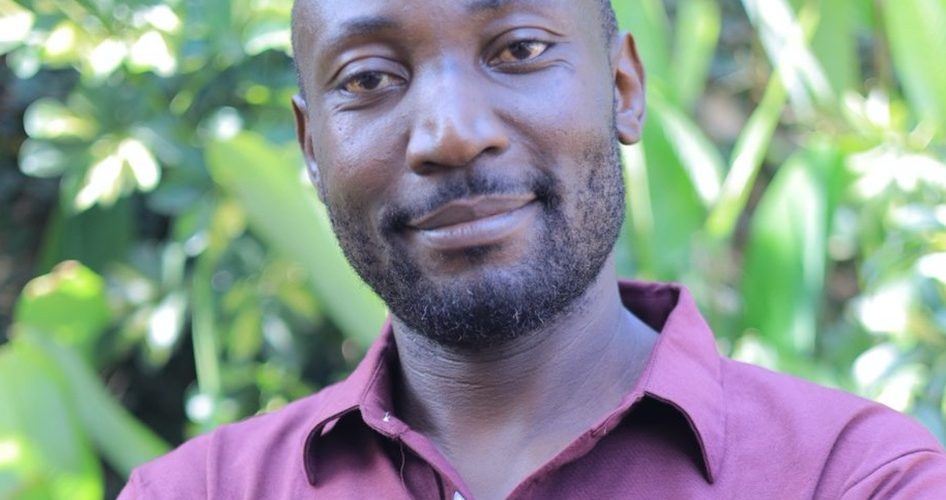Govt Must Empower SH-ACU in Digital Fight Against Graft

BY JAMES KABENGWA
KAMPALA. The State House Anti-Corruption Unit (SH-ACU) stands at a decisive moment. With its wide mandate and presence across government, it has the potential to transform how Uganda fights corruption—if it fully embraces digital tools.
In today’s digital age, Brig. Henry Isoke’s team can evolve from a traditional watchdog into a tech-driven force. Technology offers more than faster investigations; it offers prevention. By digitizing systems, the SH-ACU can seal loopholes, cut opportunities for theft, and entrench accountability in public service.
This requires moving beyond reactive probes into proactive monitoring. For instance, a blockchain-based land registry—already partly in place—could make fake land titles impossible. Every transaction would be permanent, transparent, and accessible, eliminating the shady backroom deals that fuel land fraud.
The same applies to public procurement. A fully digital portal could record bids, contracts, and payments in real time. With every contract published online, including changes and payouts, it would be harder for officials to hide bribes or inflate costs. Transparency, here, becomes its own deterrent.
AI and data analytics add another layer of defense. By linking to government financial systems, SH-ACU could automatically spot suspicious transactions—like sudden payments to shell companies or repeated transfers just below audit thresholds. Such red flags would trigger immediate alerts, allowing the unit to intervene before money is lost. The message to potential offenders would be simple: you will be caught.
Equally important is empowering citizens. A strengthened SH-ACU app can enhance the State House Anti-Corruption Unit (SH-ACU) by providing a secure, anonymous platform for citizens to report corruption. Users could submit tips, photos, and videos instantly, bypassing bureaucratic hurdles.
The app could also offer real-time tracking of reported cases, increasing transparency and holding officials accountable. By leveraging technology, SH-ACU can crowdsource information, analyze data for fraud patterns, and streamline its investigative processes, making the fight against corruption more efficient and accessible. This empowers citizens and builds public trust
By leveraging technology, SH-ACU can crowdsource information, analyze data for fraud patterns, and streamline its investigative processes, making the fight against corruption more efficient and accessible. This empowers citizens and builds public trust
Social media campaigns could deepen this civic engagement, educating Ugandans about their rights and showcasing real success stories. This way, the fight against corruption becomes not only institutional but cultural—embedding integrity in everyday life.
Picture this: A Ministry of Health staffer notices a dubious multimillion shilling payment for “supplies.” Instead of staying silent, they use the app. AI flags it instantly. Investigators uncover a fraudulent company tied to a senior official, freeze the funds, and make swift arrests. Citizens follow the case transparently on the dashboard. This is accountability in action.
Ultimately, the digital revolution is not about catching thieves alone. It is about rebuilding faith in government, protecting public resources, and ensuring that national wealth serves the people.
Uganda has the tools. The SH-ACU has the mandate. What remains is the resolve to merge technology with governance—and build a future where corruption is the exception, not the rule.
The writer is a journalist and human rights activist
Email:jameskabengwa46@gmail.com. WhatsAPP: +256 703 641137














































